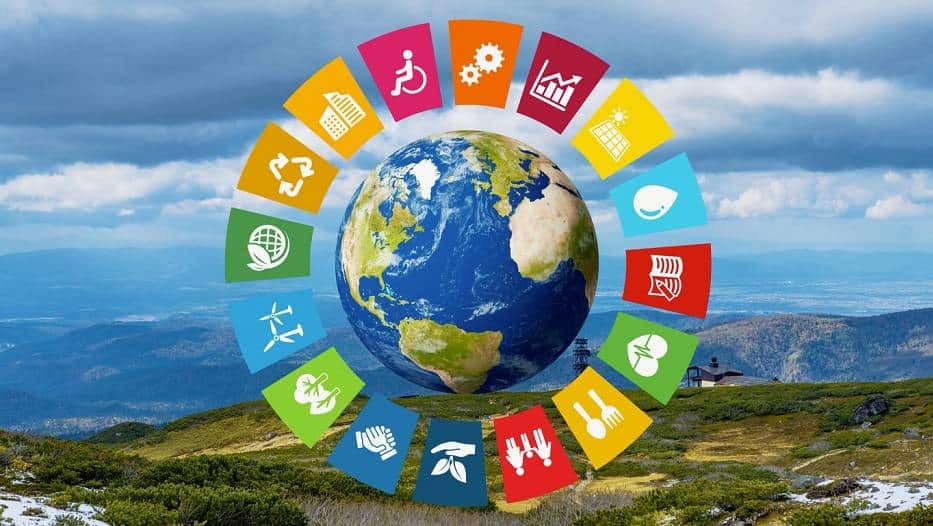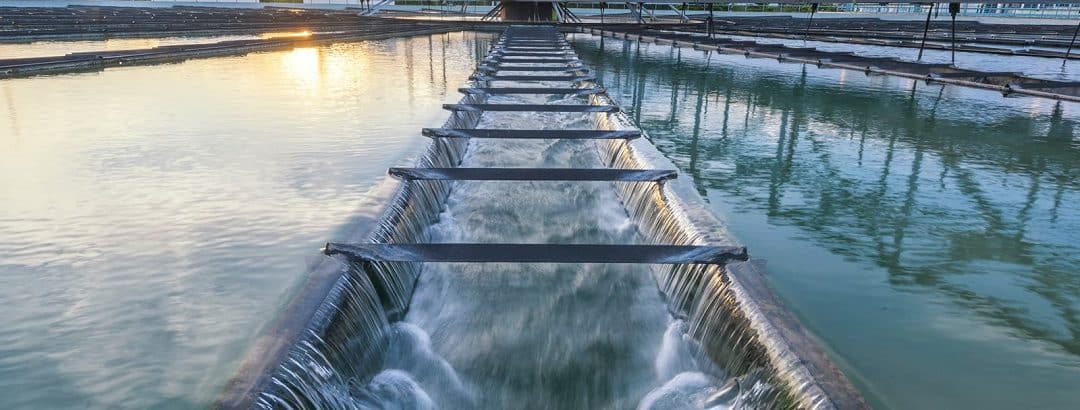Julia Maria Gomez de Avila Segade | 17/08/2023
Investment in sustainable energy is an unparalleled opportunity to build a cleaner, more prosperous, and equitable future for all. Through increased international cooperation, implementation of appropriate policies, and support for developing economies, the SDGs (Sustainable Development Goals) can be achieved.
Energy transition is an urgent and monumental task to address the challenges of climate change and ensure a sustainable future. According to the United Nations Conference on Trade and Development (UNCTAD) World Investment Report 2023, it is estimated that in order to limit global warming to 1.5°C, approximately 1.5 times the current global GDP will need to be invested between now and 2050.
This mass investment in sustainable energy is essential to meet the Sustainable Development Goals (SDGs) and the commitments set out in the Paris Agreement. However, the report warns that global foreign direct investment (FDI) declined by 12% in 2022, to $1.3 trillion, due to lower financial flows and transactions in developed countries.
Although actual investment trends were positive, with an increase in new investment project announcements in most regions and sectors, the UNCTAD notes that significant challenges remain in closing the investment gap in SDG-relevant sectors and in boosting investment in renewable energy in developing countries.
Growth potential in emerging countries
The report highlights significant growth in international investment in renewable energy since the adoption of the Paris Agreement in 2015, but reveals that a large part of this increase has been concentrated in developed countries. More than 30 emerging markets have yet to register a single international investment project of utilitarian magnitude.
In developed countries, the installed renewable energy capacity needs to be multiplied by a factor of 2.5, while in least developed countries (LDCs) it needs to be multiplied by a factor of nearly 25.
Investing in renewable energy and clean technologies, in addition to reducing carbon emissions, is an opportunity to diversify their economies and strengthen their technological innovation capabilities.
The role of Foreign Direct Investment (FDI)
FDI plays a crucial role in driving the energy transition in developing countries. International investors bring not only capital, but also technical expertise and access to innovative technologies. Globally, international project financing accounts for 55% of the total value of renewable energy project financing and, in developing countries, this figure rises significantly, exceeding 75% in LDCs, the report notes.
Collaboration between governments, multilateral financial institutions, and the private sector can open up new opportunities for sustainable investment and ensure that no country is left behind in the global energy transition.
FDI in developing countries
FDI in developing countries grew at different rates. Major emerging economies attracted most of the investments. Information from the UNCTAD points to a decline in FDI in Africa, after a peak in 2021, with the energy sector (both extractive and energy generation) as the biggest beneficiary. In Asia, inflows remained stable, led by India and ASEAN. The Gulf region experienced a decrease in FDI, but there was a significant increase in the number of project announcements.
For their part, Latin America and the Caribbean experienced a record 51% increase, driven by raw material prices. Even so, growth in new projects was moderate, with a 14% increase in new facility announcements and a decrease in international project financing agreements.
However, the weakest and most vulnerable economies saw a decline in FDI flows. The least developed countries and small island states had modest increases.
Challenges and solutions to attract energy investments
One of the main challenges facing emerging markets to attract significant energy investments is the high cost of capital. The initial cost of renewable energy installations can be prohibitive, which discourages investors. To overcome this obstacle, the UNCTAD considers it crucial to implement political and financial measures to reduce risk and improve access to financing at affordable rates.
Moreover, detailed planning of investment in the transition can be a key factor in attracting investment capital. By presenting a clear and specific roadmap for the energy mix, asset requirements, and infrastructure shortcomings, it provides greater certainty about opportunities and encourages the marketing of financially viable projects.
Global Action Pact for Sustainable Energy Investment for All
With the aim of mobilizing global and regional efforts to speed up the energy transition, the UNCTAD is proposing a Global Action Pact for Sustainable Energy Investment for All. This pact is based on guiding principles that consider the three transcendental objectives of the energy transition:
- meet climate goals
- provide affordable energy for all
- and guarantee energy security.
The Global Action Pact for Sustainable Energy Investment for All presents six packages of measures that support:
- The wording of investment policies
- Associations
- International cooperation
- Regional and South-South
- Financing mechanisms
- And sustainable financing markets.
The time to act is now. Investing in sustainable energy is not only essential to combat climate change, but also to ensure a prosperous future for generations to come. All players, from governments and companies to investors and citizens, must join forces in this common effort to build a more sustainable and resilient world.





